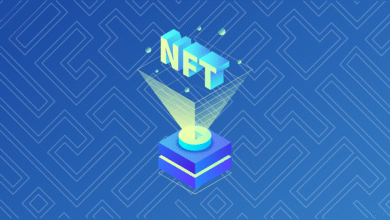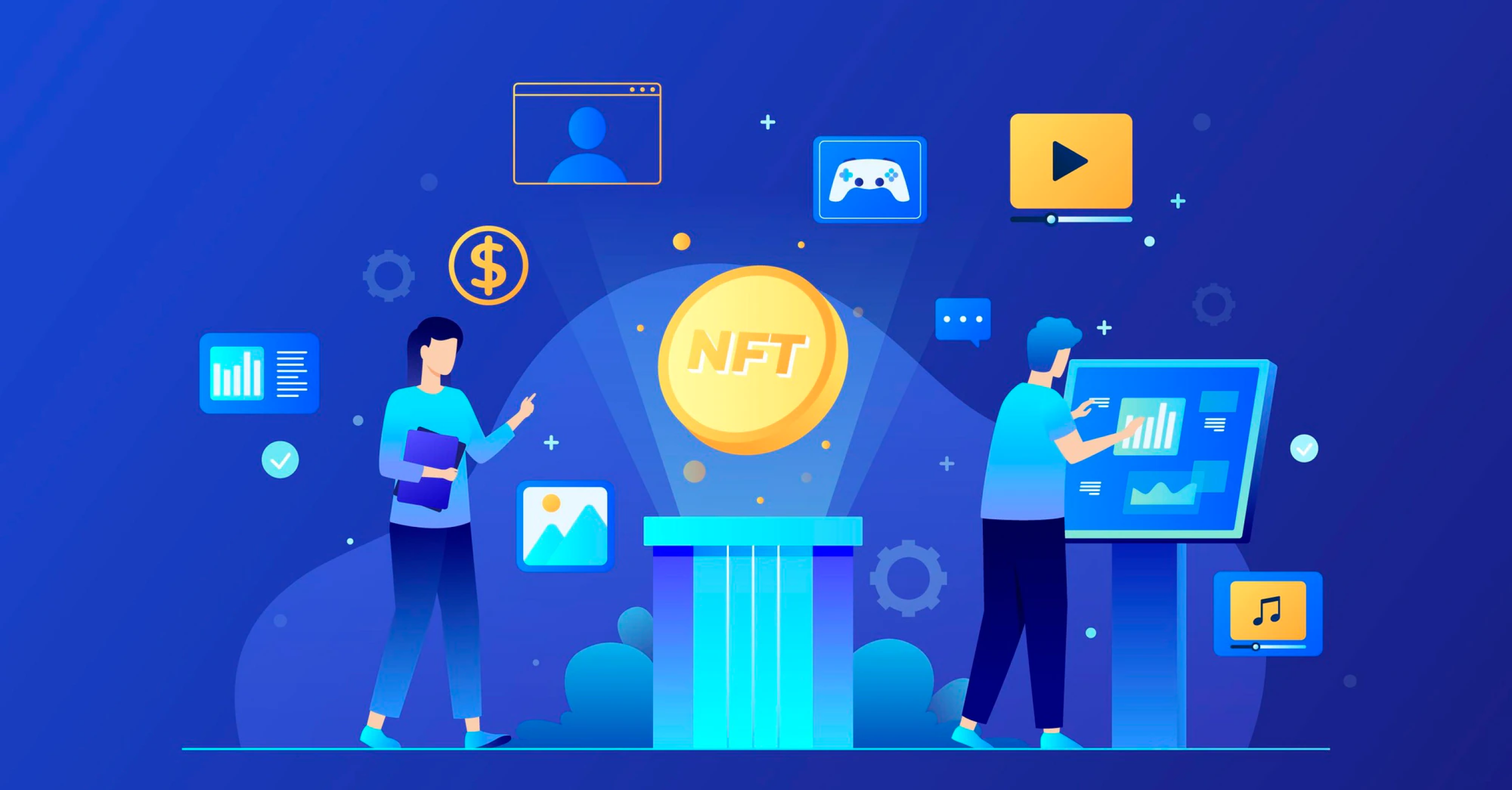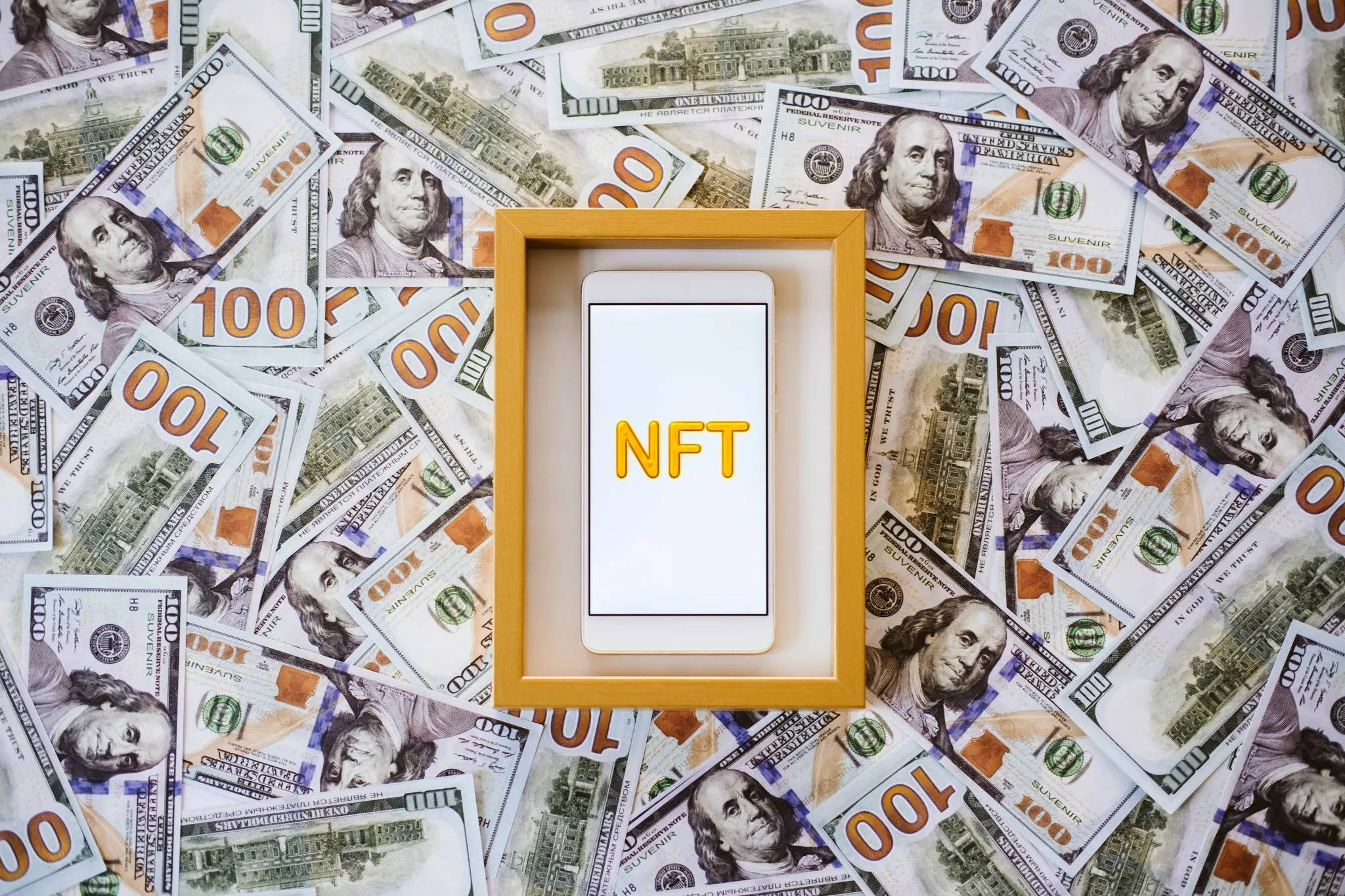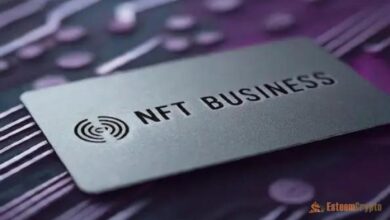NFT Ticketing—How does it Work?
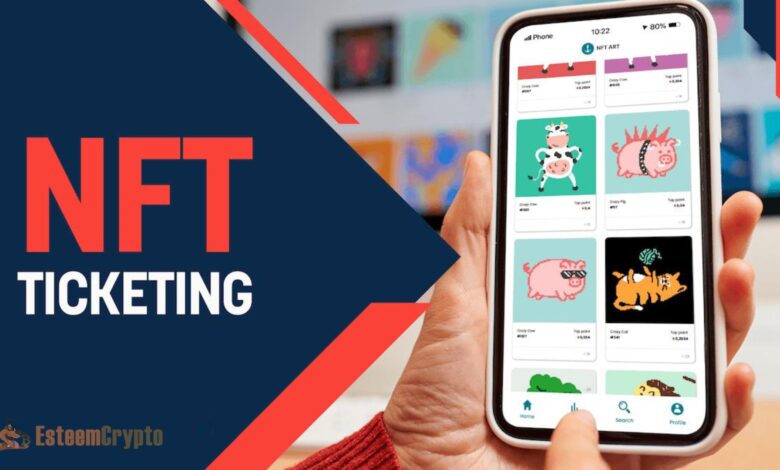
NFT ticketing is transforming the event ticketing industry by offering a safe, transparent, and efficient method of issuing and managing tickets. The immutability of tokens recorded on a blockchain makes nonfungible tokens (NFTs) far more secure than traditional tickets. Enabling event organizers to verify that only legitimate tickets are utilized for admission reduces the likelihood of fraud and counterfeit tickets.
NFT ticketing also allows for greater personalization and flexibility. Event organizers may, for instance, assign NFTs to different categories of attendees, like VIP or regular admission tickets. Additionally, they can provide information such as seat numbers or premium content access. Streamlining the ticketing process can save time and resources. In this article, you will learn about NFT ticketing, its advantages and disadvantages, how it differs from traditional tickets, and how it works for NFT events.
What is an NFT Ticket?
A nonfungible token (NFT) is a unique digital asset that cannot be exchanged for another worthless token. Virtual goods, virtual real estate, and virtual trade cards are all examples of digital values that NFTs represent. NFT tickets can represent experiences and events like theme park admission, sports, or concert tickets. You can use them to enter the event and establish its legitimacy.
Using NFT tickets instead of paper or digital ones has several benefits. Since NFTs cannot be altered or duplicated, they guarantee that the ticket is authentic and not counterfeit. Because of blockchain technology’s transparency and traceability, it is now much easier to determine the ticket’s provenance and ownership. The demand for the event determines the value of NFT tickets, which may be bought and sold on Internet marketplaces.
Although NFT tickets are still in their infancy and not extensively utilized in the ticketing industry, they certainly have the makings of a future-proof method of handling and expressing event tickets. They offer a more flexible, open, and secure way to manage ticket sales and distribution.
How Does NFT Ticketing Work?
Using NFT tickets not only makes the ticket distribution and sale process more transparent, safe, and adaptable, but it also gives fans a chance to own a piece of the experience and creates a secondary market. A new method of representing and handling event tickets is NFT ticketing. In most cases, the following stages are involved: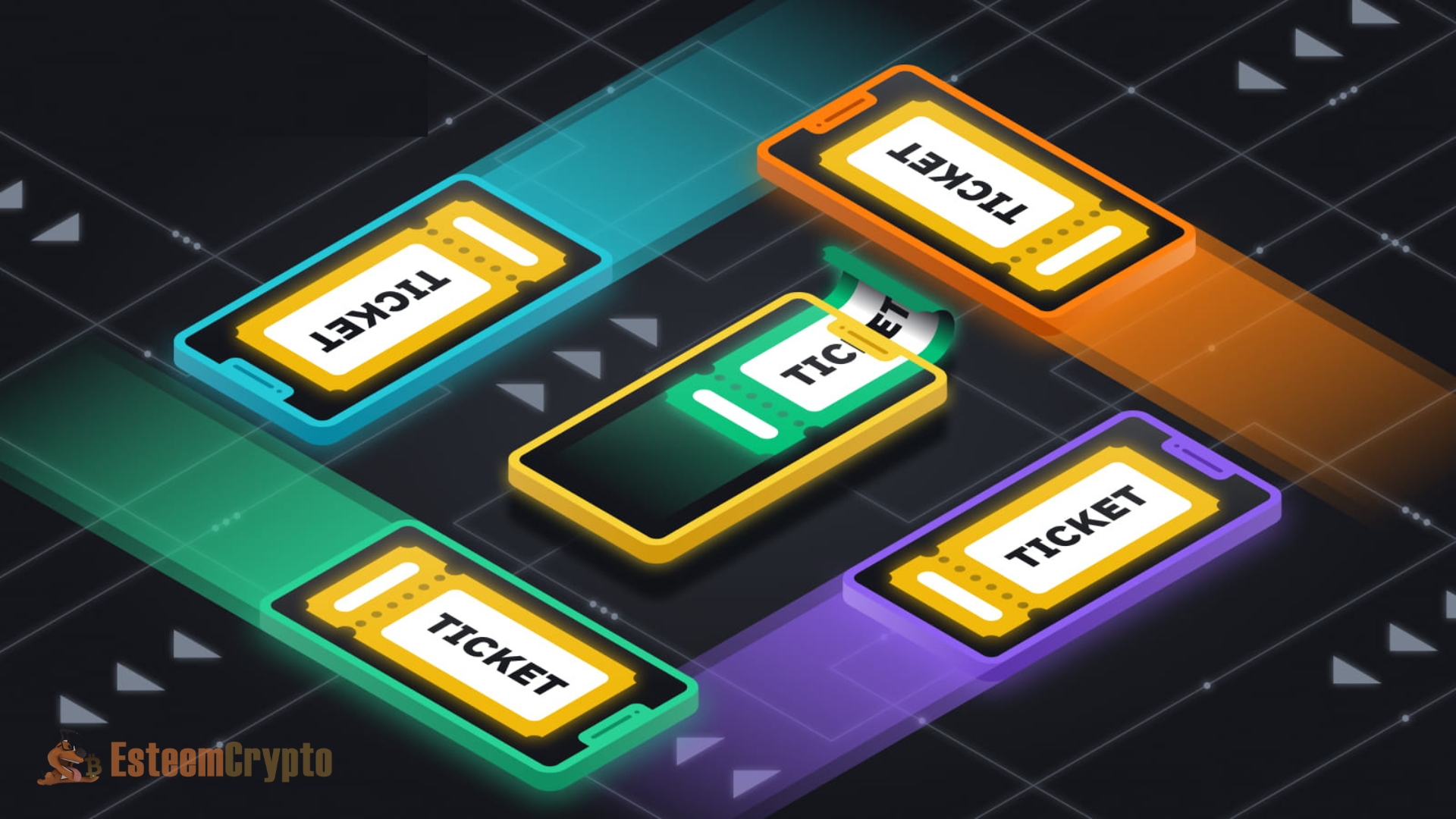
- Event organizers or ticketing services generate NFT tickets using blockchain technology. Because it is unique, there is no substitute for this unique ticket of equal or greater value.
- Sale: The public can purchase NFT tickets via the event organizer or digital marketplace.
- Authentication: When a consumer wishes to attend the event, their ticket is scanned. The scanner uses blockchain technology to verify the ticket’s authenticity.
- Access: Access is given to the customer after the ticket’s validity has been established.
- Resale and trading: NFT tickets may also be resold or traded on online exchanges, and their worth may change depending on interest in the event.
- Transparency and traceability: Blockchain technology allows tracking a ticket’s provenance and owner, making it more difficult to forge or duplicate.
Concerts and music festivals that employ NFTs for ticket issuance and management are one example of an NFT ticketing system. The event planner would issue unique, immutable tokens for each ticket and save them on a blockchain. Each NFT would include information about the event, the identity of the ticket holder, and their assigned seat. The next step would be to sell the nonfungible tokens through a marketplace or online store accepting cryptocurrencies as payment.
Once the event begins, the ticket holder can enter by showing the NFT. By scanning a QR code or using the blockchain, the NFT may be swiftly verified to confirm the ticket’s authenticity. The organizer can grant holders of the nonfungible tokens special access to the event, backstage passes, meet-and-greets with musicians, or one-of-a-kind merchandise.
NFT Ticketing vs. Traditional Ticketing
Two distinct processes are managing and selling event tickets with NFT and traditional ticketing. Typically, event organizers or ticketing providers will supply tickets, either in paper or digital form. Ticketing websites, authorized resellers, and box offices are the usual ticket distribution channels. Once purchased, the ticket grants access to the event and can only be used once.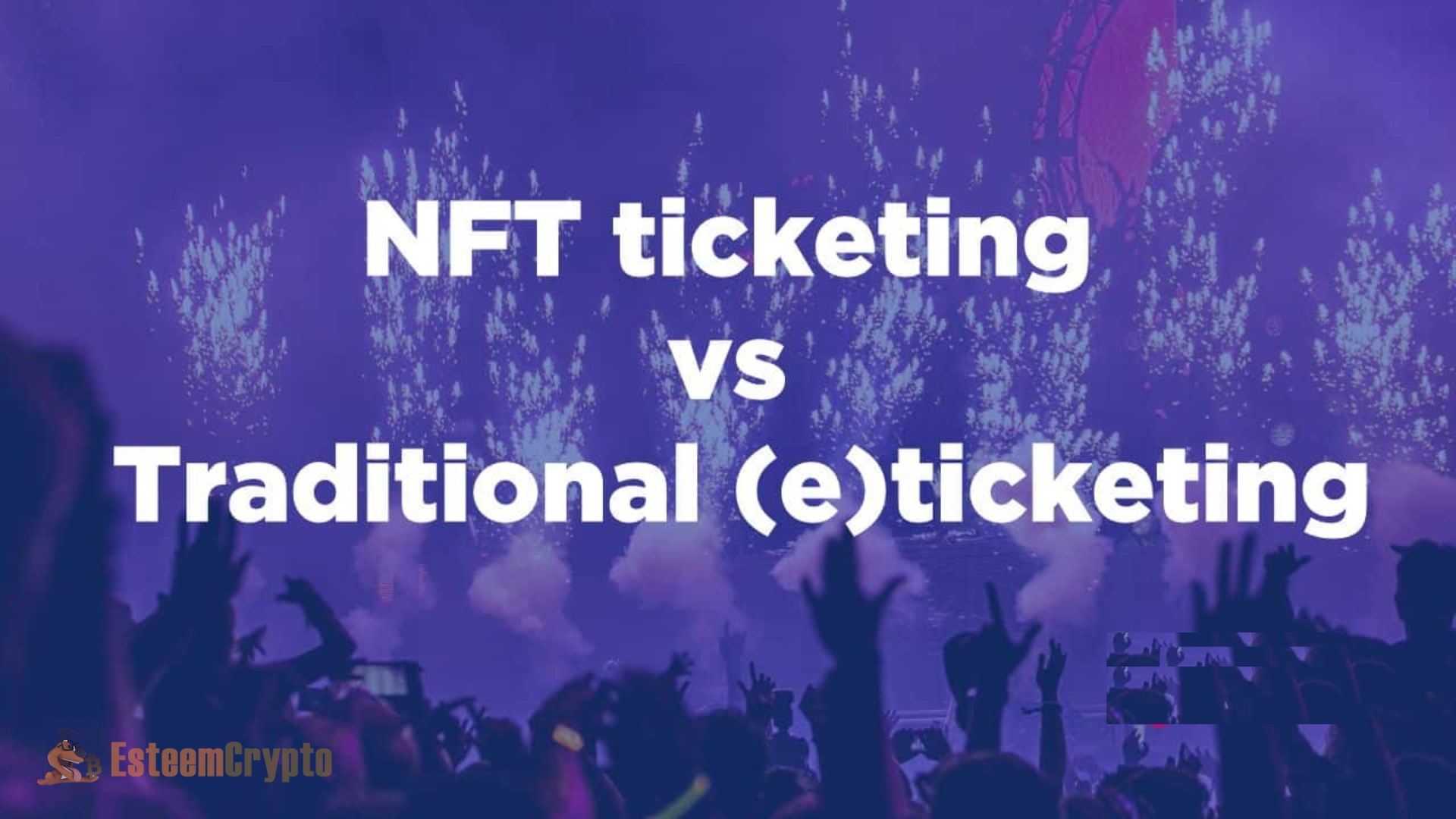
Alternatively, NFT ticketing uses blockchain technology to create unique, immutable tokens representing ownership of a certain event or experience. The NFT tickets are bought and sold on online marketplaces and can be collected, resold, or transferred after purchase. The bearer must submit the NFT for scanning and verification using blockchain technology to enter the event when they want to attend.
Despite the continued popularity of traditional ticketing, NFT ticketing offers a fresh approach to representing and managing event tickets. With its help, electronic ticket sales, distribution, and fan engagement can be managed more openly, safely, and easily.
Benefits of NFT Ticketing
There are several advantages to using NFT tickets instead of paper or digital ones. Here are some of the advantages:
- Authenticity and immutability: Blockchain technology is used to construct NFTs, making them immutable and ensuring that the ticket is genuine and cannot be copied.
- Transparency and traceability: Blockchain technology allows tracking a ticket’s provenance and owner, making it more difficult to forge or duplicate.
- Flexibility and resale: NFT tickets are tradable or resold on online marketplaces, with their value fluctuating according to interest in the event. This enables fans to resell or trade their tickets on a secondary market, giving them more influence over the ticket’s worth.
- Efficient management: Using NFTs enables efficient ticket management, reducing the need for physical tickets and minimizing the risk of ticket fraud.
- Fan engagement: NFT technology allows fans to own, collect, and exchange nonfungible token tickets, allowing them to participate more fully in the digital experience.
- Enhanced security: Using blockchain and smart contracts can help prevent fraud and guarantee that only the event’s legitimate owner can access it.
- Increased income: Because NFTs can be resold, they give event planners and ticket dealers more chances to earn significant revenue.
- Increased accessibility: NFT tickets are simple to transfer, allowing supporters to watch events even if they are not in attendance.
Risks Associated with NFT Ticketing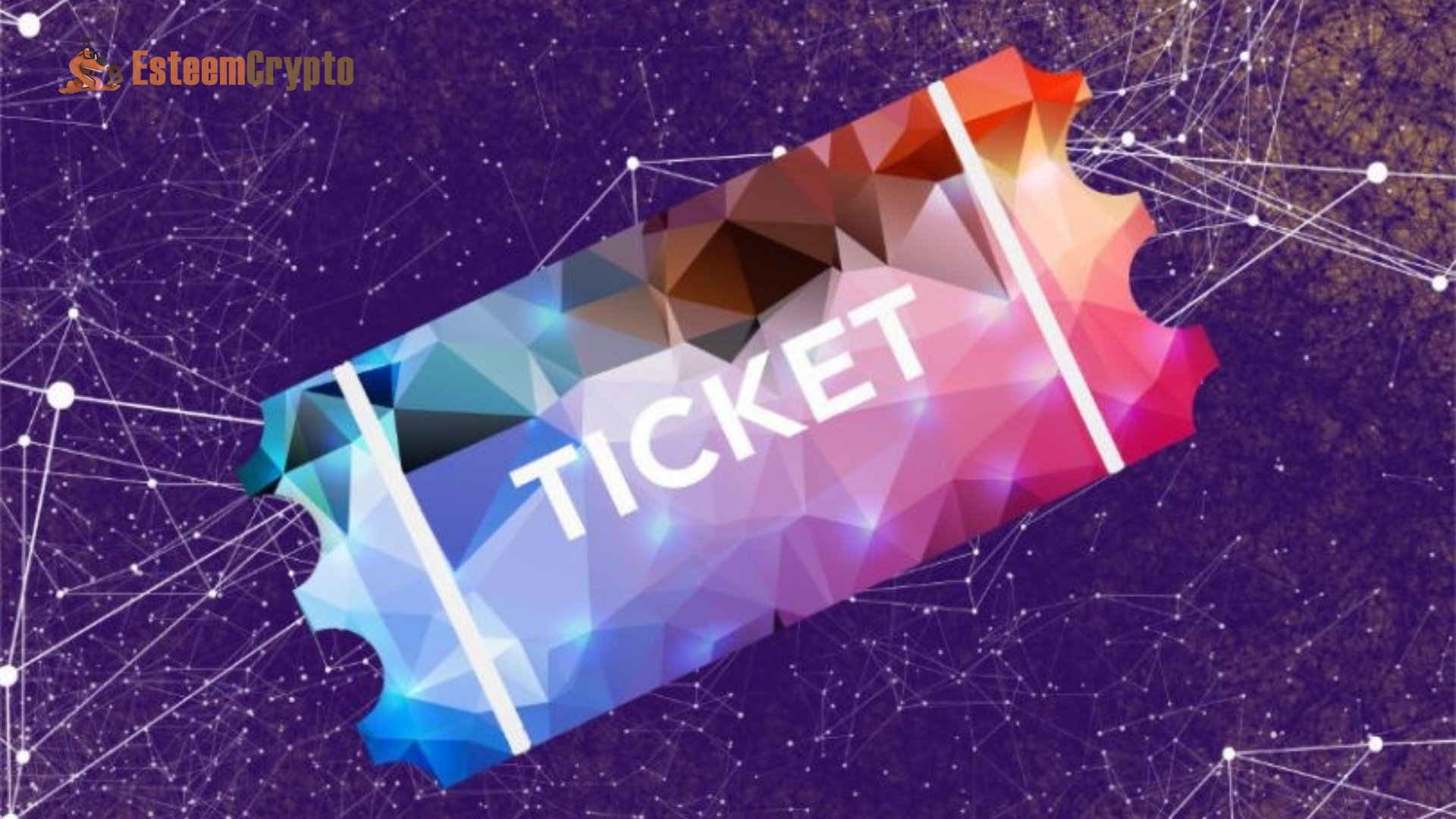
Using NFTs to purchase tickets to an event has numerous advantages, but it also comes with certain dangers. Among these potential dangers are:
- Volatility: Depending on market demand, the value of nonfungible tokens may be unstable and subject to quick changes. This implies that an NFT ticket’s value could dramatically decline before the event.
- Lack of infrastructure: Nonfungible tokens are a relatively new concept, and the industry hasn’t yet widely embraced technology. The process can be difficult for some users because there is still a lack of infrastructure to enable NFT ticketing.
- Scams: Since NFTs are digital assets, scammers can produce fraudulent NFT tickets and sell them to unwary customers.
- Lack of regulation: There is a shortage of consumer protection and monitoring regarding using NFTs for event ticketing.
- Technical issues: Because NFTs are based on blockchain technology, problems with the blockchain may delay or even prevent the transaction from taking place.
- Complexity: Some users may find buying, selling, or handling NFT tickets problematic since NFTs can be complicated and challenging to grasp.
Users are responsible for understanding the dangers and implementing safeguards. Before purchasing the NFT ticket, it is advisable to research the event organizer, platform, and ticket itself. Market trends and possible technological concerns are some things that users should be mindful of.
Future of NFT Ticketing
Players’ interest levels, advancements in technology, and competing ticketing tactics are all elements that could make or break NFT ticketing. Due to its many benefits over more traditional ticketing methods, NFT ticketing is anticipated to continue growing in popularity.
Blockchain technology innovations can potentially increase the security and transparency of NFT ticketing. One example is the automation of the ticketing process through smart contracts. This technology can reduce fraud and ensure that only the rightful owner of the event can receive entrance. The distribution and sale of tickets may be more adaptable and transparent through decentralized marketplaces.
NFTs can also represent other access forms, such as memberships, subscriptions, and vouchers. Consequently, NFTs will have more applications because more industries can effectively and easily govern access. It’s crucial to monitor industry trends and upcoming technologies, but NFT ticketing is projected to have a good future overall. It’s conceivable that NFT ticketing may continue evolving to suit the needs of event organizers and attendees.

